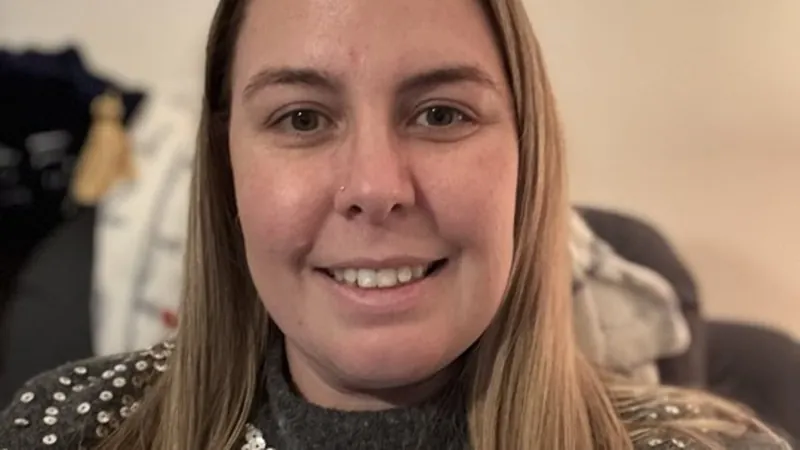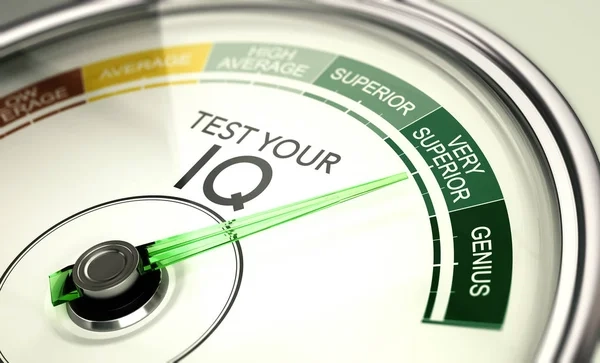
Shocking Rise in Bowel Cancer Among Under-50s: Survivors Share Their Harrowing Experiences and Expert Insights Reveal New Culprits
2024-12-31
Author: Chun
The medical community is grappling with a startling trend: an alarming rise in bowel cancer diagnoses among adults aged under 50. Traditionally viewed as an affliction of older age groups, this insidious disease is impacting a growing number of younger individuals.
A groundbreaking study from researchers at the University of California, San Francisco, has drawn attention to this pressing issue, highlighting that bowel cancer cases among 25 to 49-year-olds are surging worldwide. The United Kingdom, notably, is experiencing one of the fastest growth rates, with a staggering annual increase of 3.6% in the under-50 demographic, trailing only countries like Chile, New Zealand, and Puerto Rico, as reported in *Lancet Oncology*.
Compounding the crisis, many young people remain unaware of the symptoms associated with bowel cancer, such as blood in stools, unexplained weight loss, and chronic fatigue. Disturbingly, surveys indicate that approximately 50% of individuals under 50 do not realize they are at risk. According to Bowel Cancer UK, a shocking 40% of young patients end up visiting their general practitioners three or more times before receiving appropriate referrals for testing, as the disease is not typically suspected by doctors.
So, what is driving this troubling rise in cases? While there are several theories, many experts point to a combination of factors including chronic inflammation due to poor dietary choices, the prevalence of ultra-processed foods, and a sedentary lifestyle. Recent studies have also suggested a disturbing link between bowel cancer and microplastics found in our food supply.
Amidst this backdrop of concern, we hear from ten brave individuals whose lives were turned upside down by unexpected bowel cancer diagnoses:
Survivor Stories
1. **Rebecca Liddle, 47**: An insurance broker who thought her lifestyle was the picture of health until she was diagnosed with a tumour despite having no symptoms. After surgery and chemotherapy, she remains vigilant, facing the reality of possible recurrence.
2. **Roxy Hitchcox, 42**: A senior science technician caught off guard by stage four bowel cancer. Initially dismissed as food poisoning, she shares her emotional journey from a shocking diagnosis to a redefined prognosis, now balancing hope and reality.
3. **Steve Torley, 49**: A police officer who experienced early signs dismissed as indigestion, only to later discover a tumour during a colonoscopy after repeated visits to different doctors.
4. **Fran Kirkbright, 35**: Initially labeled as 'too young' for testing, Fran's journey highlights the dangers of delayed diagnosis and the devastating impact it can have on family time.
5. **Helen Glass, 48**: The discovery of her Lynch Syndrome prompted tests that revealed bowel cancer, emphasizing the importance of genetic screening for at-risk families.
6. **Matthew Jackson, 27**: This young campaign manager learned the hard way that age is not a shield against cancer. His story underlines the necessity to trust one’s instincts and advocate for health.
7. **Jamie Atkins, 45**: After facing cramps that he initially attributed to indigestion, Jamie was eventually diagnosed with bowel cancer and expresses relief at early detection.
8. **Jay Neofitos, 43**: Ignoring his initial symptoms cost him time, reminding us that vigilance is key and that noticing changes in health is vital.
9. **Lee Pile, 44**: A simple restroom poster prompted him to seek testing, demonstrating the power of awareness campaigns in potentially saving lives.
10. **Zoe Gardner Lawson, 36**: A determined advocate for her health after navigating the complexities of a misdiagnosed condition, Zoe's story showcases the crucial need for patients to push for the necessary scans and tests.
This shift toward younger demographics in bowel cancer diagnoses is not just a statistic; it’s a wake-up call for both individuals and healthcare professionals. Increasing awareness about symptoms, screening, and the importance of lifestyle choices is critical as we navigate this alarming trend.
Stay vigilant, stay informed, and remember: proactive health management could make a life-saving difference. Don’t let age be a barrier to seeking the care you deserve!




 Brasil (PT)
Brasil (PT)
 Canada (EN)
Canada (EN)
 Chile (ES)
Chile (ES)
 Česko (CS)
Česko (CS)
 대한민국 (KO)
대한민국 (KO)
 España (ES)
España (ES)
 France (FR)
France (FR)
 Hong Kong (EN)
Hong Kong (EN)
 Italia (IT)
Italia (IT)
 日本 (JA)
日本 (JA)
 Magyarország (HU)
Magyarország (HU)
 Norge (NO)
Norge (NO)
 Polska (PL)
Polska (PL)
 Schweiz (DE)
Schweiz (DE)
 Singapore (EN)
Singapore (EN)
 Sverige (SV)
Sverige (SV)
 Suomi (FI)
Suomi (FI)
 Türkiye (TR)
Türkiye (TR)
 الإمارات العربية المتحدة (AR)
الإمارات العربية المتحدة (AR)